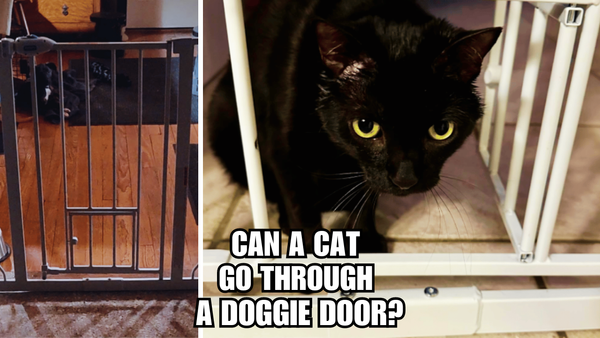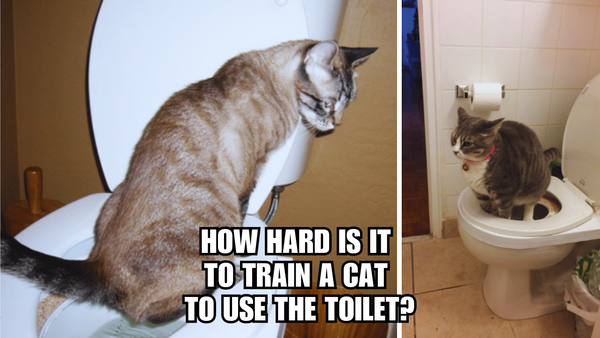Key Takeaways:
- Cats may experience a range of emotions during and after a bath, but proper techniques can make the process less stressful.
- Bathing can benefit cats with certain skin conditions or those who are unable to groom themselves effectively.
- Understanding your cat's unique needs and preferences is key to a successful and potentially enjoyable bath time.
Cats and water – it's a combination that often conjures up images of dramatic escapes and not-so-happy feline faces. But the million-dollar question that tickles every cat owner's curiosity is: do cats feel better after a bath? Let's dive into the sudsy world of feline hygiene to uncover the truth behind this slippery subject.
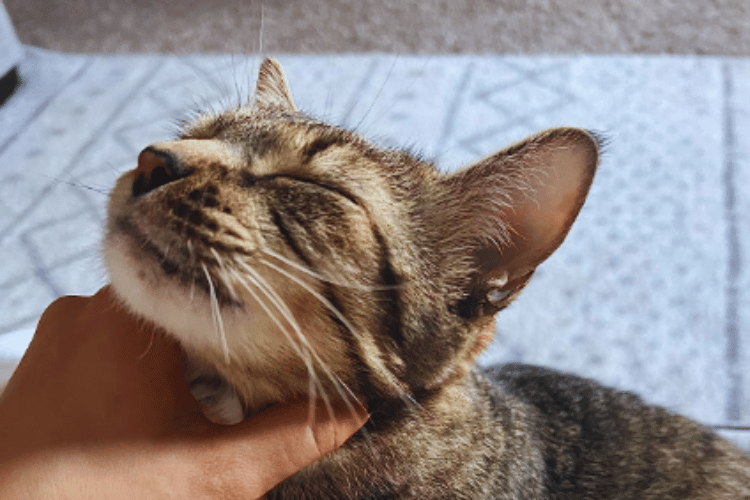
The Great Debate: To Bathe or Not to Bathe
Most cats are the epitome of cleanliness, spending a significant portion of their time grooming themselves. This leaves many cat owners wondering if they should even attempt to bathe their furry companions. While it's true that most cats don't require frequent bathing, there are circumstances where a dip in the tub might just be what the veterinarian ordered.
The Cat's Out of the Bag: Benefits of Bathing
Believe it or not, there are some purr-suasive reasons to bathe your cat. For starters, bathing can help manage certain skin conditions and reduce allergy causing dander. It can also be a lifesaver for overweight cats who have trouble reaching all their spots, or for long haired cats who are prone to matting.
A Hairy Situation: Dealing with Cat Hair
Cat hair – it's on your clothes, it's in your food, it's practically a new accessory. Bathing cats can help control the amount of loose hair and dead hair that ends up everywhere but on your cat. This can be particularly helpful during shedding season when your home starts to resemble a wild west tumbleweed scene.
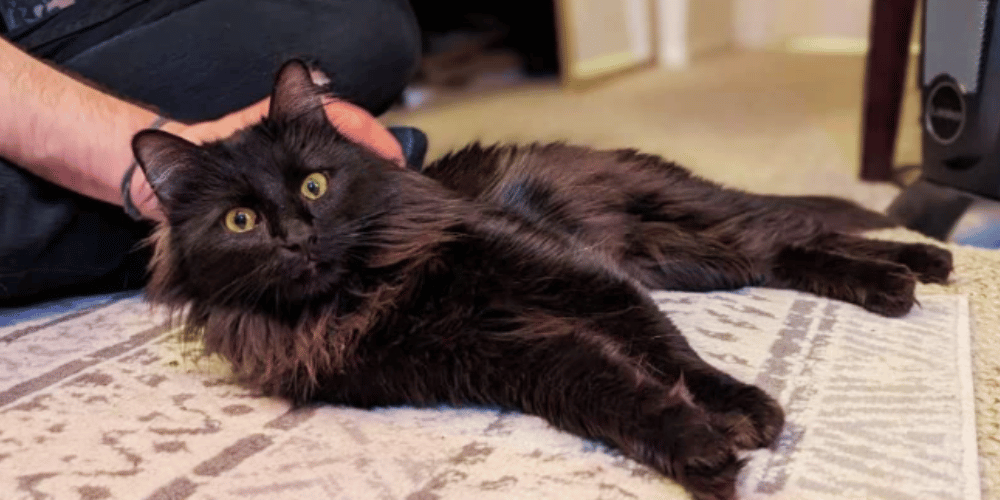
The Right Tools for the Job: Choosing Cat-Friendly Products
When it comes to bathing your feline friend, not just any shampoo will do. Human shampoo is a no-go as it can cause skin irritation. Instead, opt for an unscented cat shampoo that's designed to keep your cat's coat shiny and healthy without causing any unwanted itches.
Pre-Bath Prep: Setting the Stage for Success
Before you even think about filling the tub, make sure you have everything you need within paw's reach. This includes a large towel, a rubber mat to prevent slipping, and a warm washcloth for cats that might not be ready for the full plunge. And remember, treats can be powerful allies in convincing your kitty that bath time isn't all bad.
The Purr-fect Spa Day: Pampering Your Pet
Have you ever seen a cat strut out of a bath with the confidence of a lion? It's a rare sight, but giving your cat a bath can sometimes feel like you're treating them to a luxurious spa day. For many cats, the aftermath of a bath is like a rebirth, with their cat's coat glistening like the top of the Chrysler building. Sure, they might give you the stink eye during the process, but afterward, they're prancing around, flaunting their fluffiness as if to say, "Look at me, I'm fabulous!"
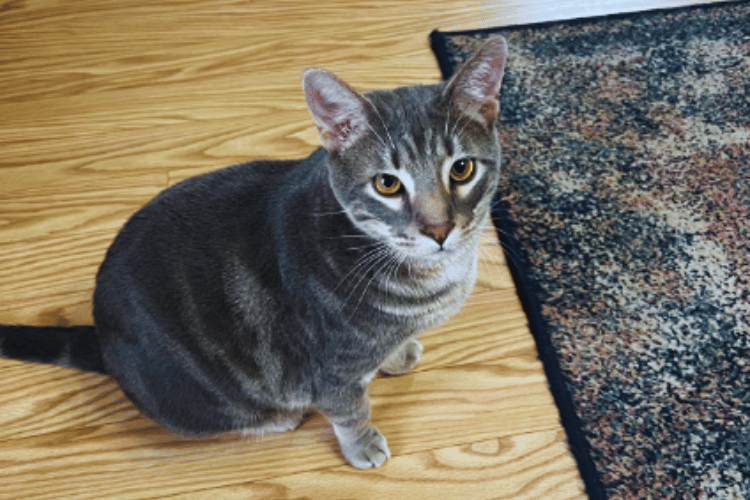
Now, let's not forget that while adult cats are notorious for their self-cleaning habits, sometimes they need a little help from their human servants. Whether it's getting rid of that not-so-charming smell they've acquired from their latest dumpster dive or treating a skin condition that requires a medicated shampoo, a bath can be just what the vet ordered. And let's be honest, watching your cat shake off the water in slow motion is oddly satisfying. Just make sure you're ready to duck and cover – wet cat wrath is real!
The Feline Wash-n-Go: Quick Clean-up Tricks
When your cat has had an encounter with something particularly sticky or smelly, and you don't have the time (or the courage) to give your cat a full bath, fear not! The wet washcloth technique is your secret weapon. Picture this: you, armed with a damp cloth, approaching your cat with the stealth of a ninja. A few strategic swipes later, and voilà – your pet is rid of the offending substance. It's like a mini car wash for your cat, minus the spinning brushes and blow dryers. Plus, your cat will probably appreciate the lack of a full-on bath – it's a win-win!
But what about those hairless breeds that seem to collect more oil than a deep fryer? They stand out as the cats that might just appreciate a good soak. For these naked wonders, a warm bath can be as soothing as a day at the beach. And for you, it's an opportunity to get up close and personal with your cat's unique skin needs. Just remember, while many cats would rather listen to a dog's TED Talk than bathe, a quick clean can sometimes be the unsung hero of your pet care routine. Keep that brush handy, though, because a little post-wash grooming goes a long way in keeping your cat clean and serene.
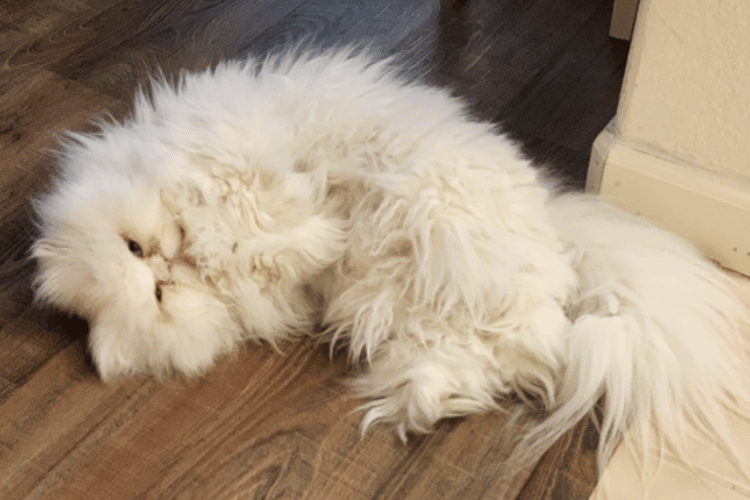
The Secret Life of Cat Ears: A Clean Whisker's Tale
Have you ever wondered if cats have a secret radar in their ears, detecting the faintest rustle of a treat bag from three rooms away? Well, keeping those satellite dishes clean is part of why we bathe a cat. A clean ear means no missed opportunities for snacks or the dreaded sneak attack from the household dog. But let's be real, the last thing an adult cat wants is a Q-tip duel with their human. So, while we're focused on the cat's coat, let's not forget the ears – they're the unsung heroes of a cat's sensory arsenal.
Now, imagine if cats could post bath-time selfies. The caption would read, "Ears so clean, I can hear my ancestors' purrs." But let's face it, most cats would rather listen to a can opener than running water. Keeping your pet's ears clean doesn't have to be a wrestling match, though. With the right cat-friendly products, you can ensure those ears are treated with the care they deserve. Just remember, the goal is to clean – not to create an indoor swimming pool in those furry little ear canals.
The Chronicles of Feline Freshness: A Tail of Two Kitties
In the epic saga of trying to bathe a cat, there's always that one pet who acts like you're summoning a water demon. But once the deed is done, and they've forgiven you for the unspeakable betrayal, they strut around like they own the place. That's right, a freshly bathed cat with a glistening coat is the feline equivalent of a movie star walking the red carpet. And let's not forget the second kitty, hiding under the bed, plotting revenge. It's like living with furry, four-legged divas with very particular grooming needs.

But what about the aftermath? Picture this: your adult cat, now a damp fluffball, emerges from the towel like a majestic phoenix rising from the ashes. They begin the rigorous task of getting every hair back in place – because, let's be honest, a cat's coat is their pride and joy. And as they meticulously groom themselves, you can't help but think that maybe, just maybe, they do feel better after all. It's a moment of peace before the next bath-time battle begins – a cycle as endless as the quest for the perfect cat meme.
The Main Event: Bathing Your Cat Safely
When it's time to bathe your cat, the key is to stay calm and move quickly. Fill the tub with just a few inches of warm water, and gently lower your cat in. A shower head can be useful for rinsing, but make sure the water pressure isn't too high. And whatever you do, keep that bathroom door closed – unless you want a wet cat zooming through your house.
After the Splash: Drying Off Your Drenched Kitty
Once the bathing process is over, wrap your cat in a large towel and gently remove as much water as possible. Some cats may tolerate a hairdryer on a low setting, but for many, air drying in a warm room is the best option. Just make sure they're fully dry before they venture back into the world, as a wet cat can easily get cold.
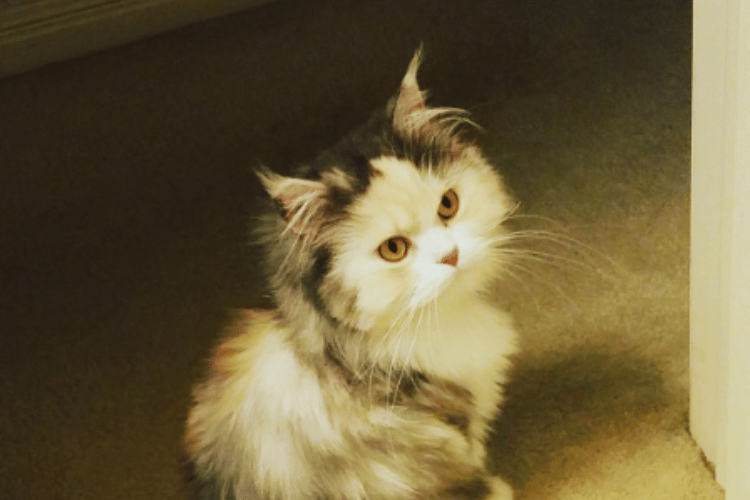
Special Cases: When Bathing is a Must
There are times when bathing your cat isn't just a good idea – it's necessary. This includes severe infestation of fleas, medicated baths for skin conditions, or if your kitty has gotten into something particularly sticky or smelly. In these cases, bathing your cat can provide much-needed relief.
The Indoor Cat Conundrum: Less Baths, More Brushes
Indoor cats typically require fewer baths than their outdoor counterparts. However, they still benefit from regular brushing to remove tangles and loose hair. This not only keeps their coat in tip-top shape but also reduces the amount of hair they ingest during their own grooming sessions.
The Final Verdict: Do Cats Actually Feel Better?
So, after all the splashing and meowing, do cats feel better after a bath? It really depends on the cat. Some may appreciate the feeling of a clean coat, while others might hold a grudge until the end of time. The key is to make the experience as stress-free as possible and to understand your cat's individual needs.

Summary
While the thought of a wet cat might bring a chuckle, the question of whether cats feel better after a bath is a serious one for cat parents. Bathing can be beneficial for cats with certain needs, but it's important to approach the task with care and the right products. By preparing properly and understanding your cat's preferences, you can make bath time a less stressful experience for both of you.
FAQ Section
Q: How often should I bathe my cat? A: Most cats don't need to be bathed often, if at all. However, if your cat has a medical condition, skin issues, or is unable to groom itself effectively, your veterinarian can recommend an appropriate bathing schedule.
Q: Can I use human shampoo to bathe my cat? A: No, human shampoo can cause skin irritation in cats. Always use a cat-specific, unscented shampoo to keep your cat's coat and skin healthy.
Q: What should I do if my cat hates water? A: If your cat detests water, try using a damp warm washcloth to clean them instead. For more severe cases, consult with your veterinarian for alternative cleaning methods or sedation options for a stress-free bath experience.
Thank you for visiting LegitLists we hope this helps you make a legitimate choice!




